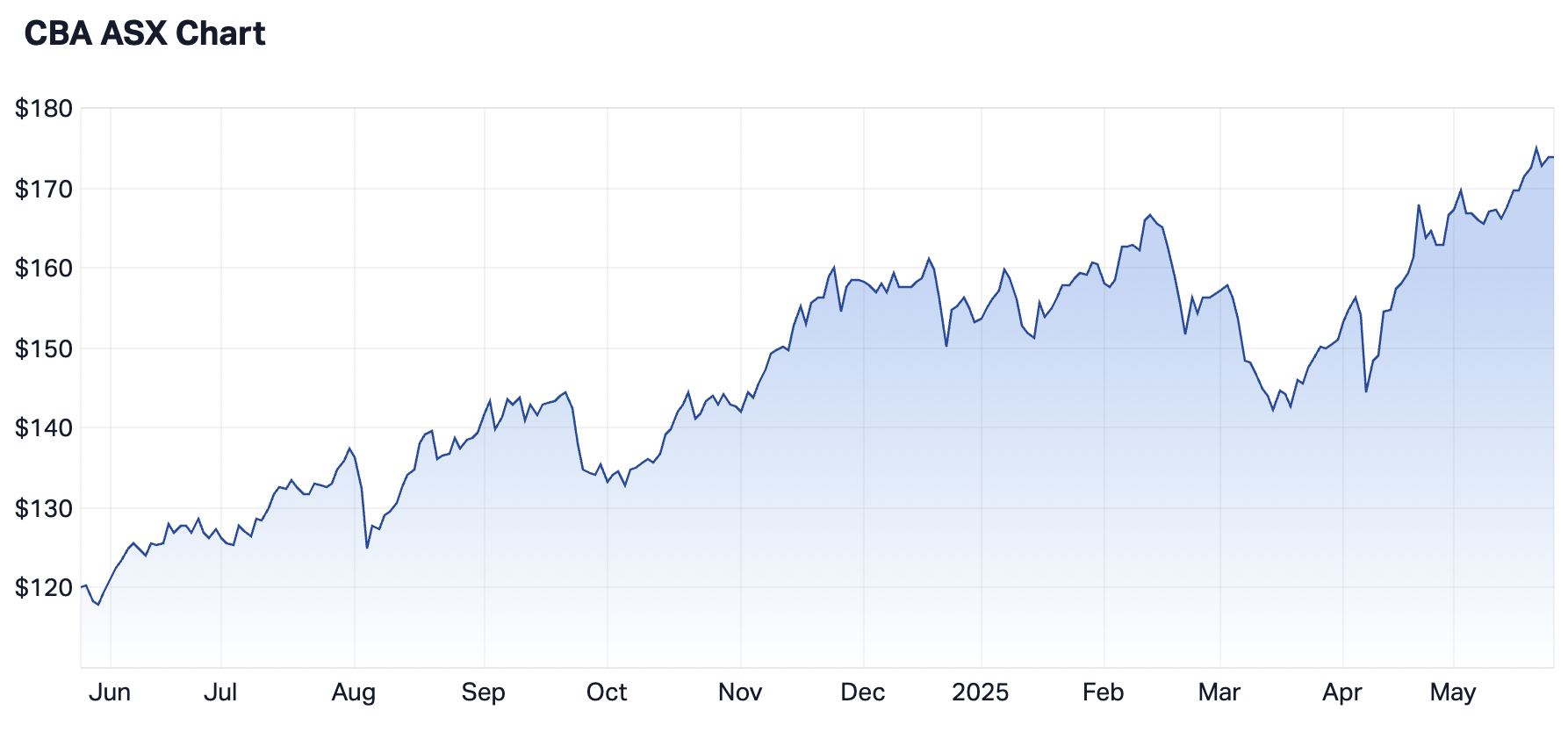The ASX’s Tesla? Why global investors aren’t keen on CBA
I wrote last week about the surprise ASX stock that’s the most popular pick for global fund managers: Brambles (ASX: BXB).
Brambles is the only ASX stock held by more than 10% of the more than 300 global funds tracked by our friends at Copley Fund Research.
But there were a couple of (arguably) surprising omissions from the top 10 most popular stocks held by global funds.
Commonwealth Bank (ASX: CBA), the largest stock on the ASX by a distance, and one of the biggest runners in recent weeks, is nowhere to be seen in the top 10.
In fact, there’s no Australian banks in the top 10 at all.
Westpac ranks highest at 12th, CBA is 14th and ANZ is 18th.
So while Australian investors have an ongoing love affair with the Big Four banks, and CBA in particular, it’s not one shared by their international peers.

There are plenty of legitimate reasons for this difference in opinion.
Blue chip dividend stocks like CBA have a number of advantages for local investors (franking credits, no withholding tax, no hedging questions) over similar stocks overseas.
There’s also an element of better the devil you know, and maybe even a legitimate argument you can make around supporting local businesses.
But, like Tesla (NASDAQ: TSLA) in the US, CBA’s recent run points to a certain level of irrationality in the Aussie market.
And, as Copley’s data shows, there’s little evidence to suggest CBA’s recent surge was the result of international buyers piling in.
Dr David Allen from Plato Investment Management recently wrote for Livewire that Aussie investors’ home bias could be costing them better opportunities elsewhere.
He pointed to the example of CBA vs JPMorgan.
“CBA trades at a 126% premium to JPMorgan on a price-to-earnings basis. Its price-to-book ratio is 70% higher,” explained Allen.
“Not a single sell-side analyst has a “BUY” rating on CBA, while 88% are positive on JPMorgan. At this point, you might assume JPMorgan trades at a premium. But you'd be wrong.”
In a recent interview, Sebastian Mullins, head of multi-asset and fixed income at Schroders Australia, offered me a similar comparison between CBA and Google (NASDAQ: GOOGL).
“CBA has the same PE ratio as Google,” said Mullins.
“One has a 20% margin, the other one makes some profit, but otherwise is not as exciting a business model. Don't get angry with me.”
With a PE ratio currently around 30, CBA is trading far above both its long-term average of 17 and the average PE of the ASX (currently around 19.6).
You’d be hard-pressed to find a professional fund manager, either here or abroad, who would be willing to argue that CBA represents good value right now.
The big brokers agree.
In a broker note last week, UBS highlighted CBA’s “steady revenue growth and disciplined cost management,” but in line with broker consensus, still rated it a strong SELL.
It’s maintaining a 12-month price target of $115 for CBA, a far cry from its current price of $173.
It’s a similar story for Morgan Stanley, which holds a 12-month price target of $128.
So while it’s easy to look in disbelief at the huge valuations in the US in particular, it’s not like Australian investors are immune from the same irrationality.
People in glass houses…
3 topics
4 stocks mentioned
3 contributors mentioned

